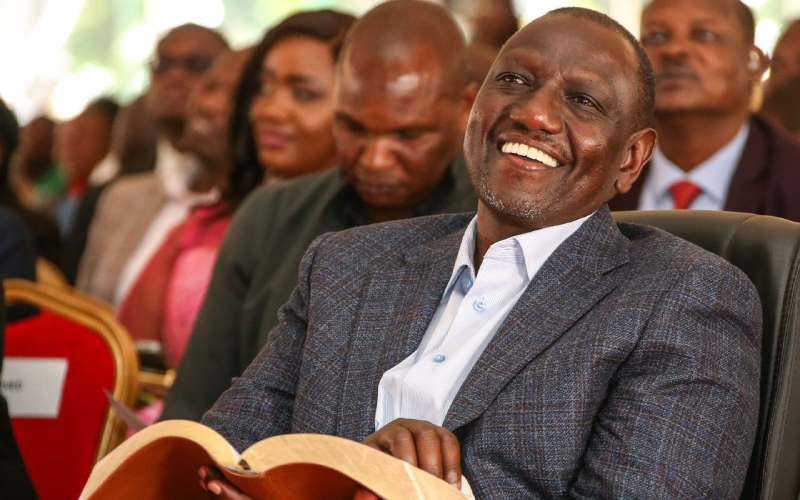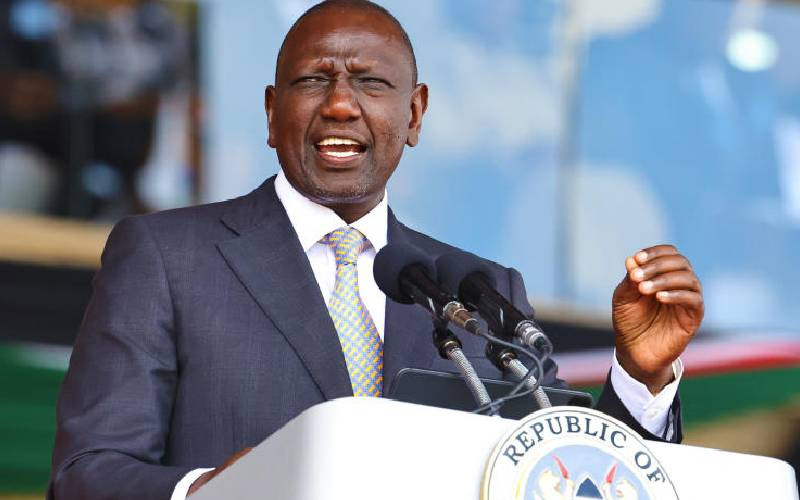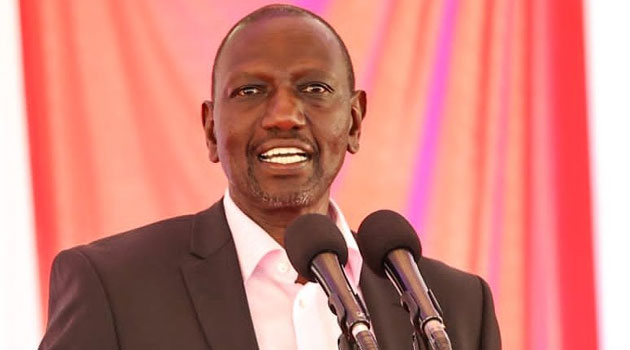President William Ruto announced on Monday that his government is attempting to negotiate ten new international deals that will see Kenya export more workers to Europe, North America, and the Middle East.
During the Labour Day celebrations at Nairobi's Uhuru Gardens, President Ruto told Kenyans that most of these funds would go to Germany, which he said had recently been lobbying for Kenyan workers.
He said he would welcome German Chancellor Olaf Scholz to the country later this week to finalize bilateral labour agreements.

President ruto said that many have many countries are requesting Kenyan workers. He noted that The German chancellor would be in kenya on Thursday, and we would sign bilateral labour agreements that would provide Kenyans with opportunities in the 250 million jobs available in Germany each year.
Did you read this?
Canada and Saudi Arabia are among the other countries with whom the Ministry of Labour and Social Protection will enter into agreements.
He stated that opportunities exist in the United Arab Emirates, Canada, the United States, and Saudi Arabia. He will sign ten agreements in the next few months to ensure Kenyan youth have these opportunities.

He mentioned rising diaspora remittances from Kenyans living overseas, which reached a record $4.027 billion in 2022, closing the gap with exports, which brought in $5.77 billion in foreign currency.
According to Central Bank of Kenya (CBK) estimates, Kenya generated more foreign money through diaspora remittances last year than through main exports, which include coffee, tea, and horticulture.
Tea was the country's top export, bringing in $1.2 billion, followed by horticulture $901 million, chemicals $521 million, coffee $301 million, and petroleum products $77 million.
According to the Labour Ministry, nearly four million Kenyans live and work abroad, most residing in the Middle East and Europe.
According to the ministry, while approximately 1.2 million Kenyans enter the labour force yearly, the formal and informal sectors can only absorb 800,000 annually.









